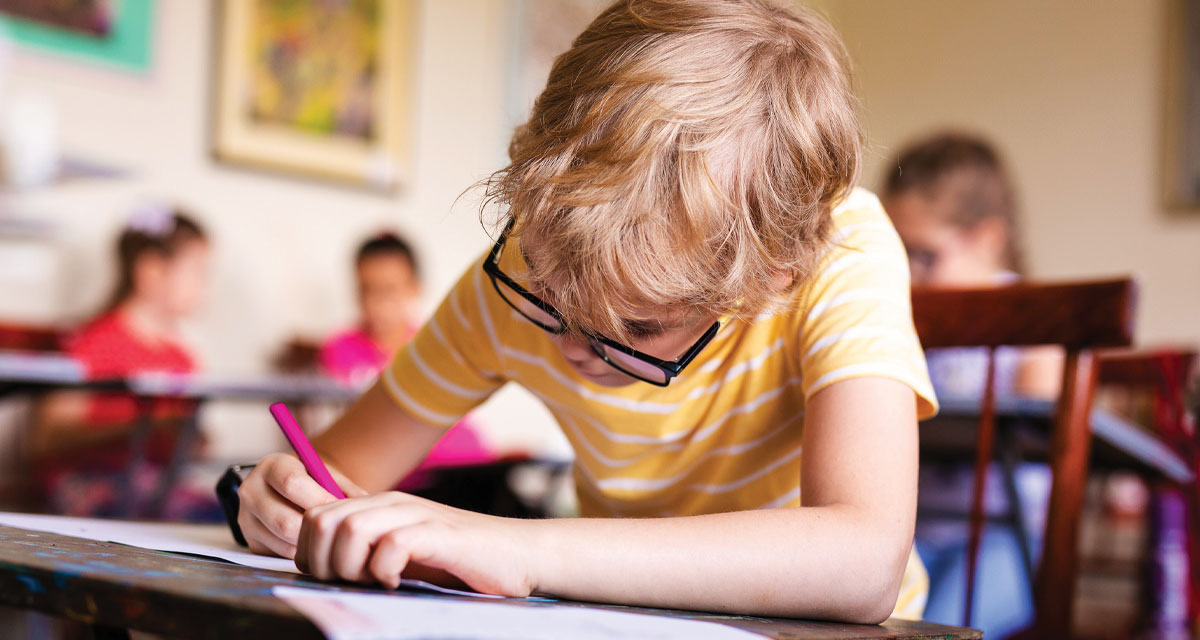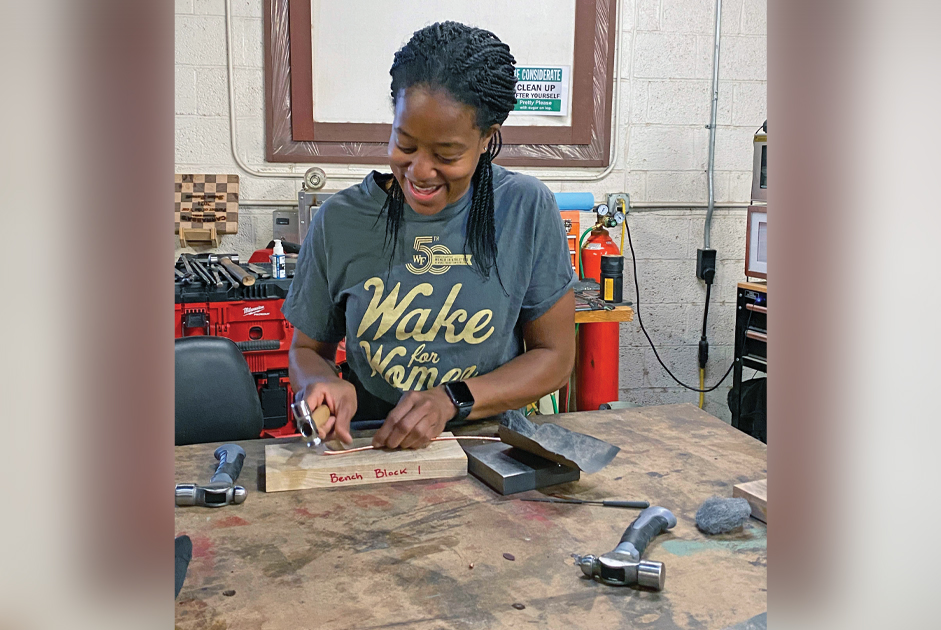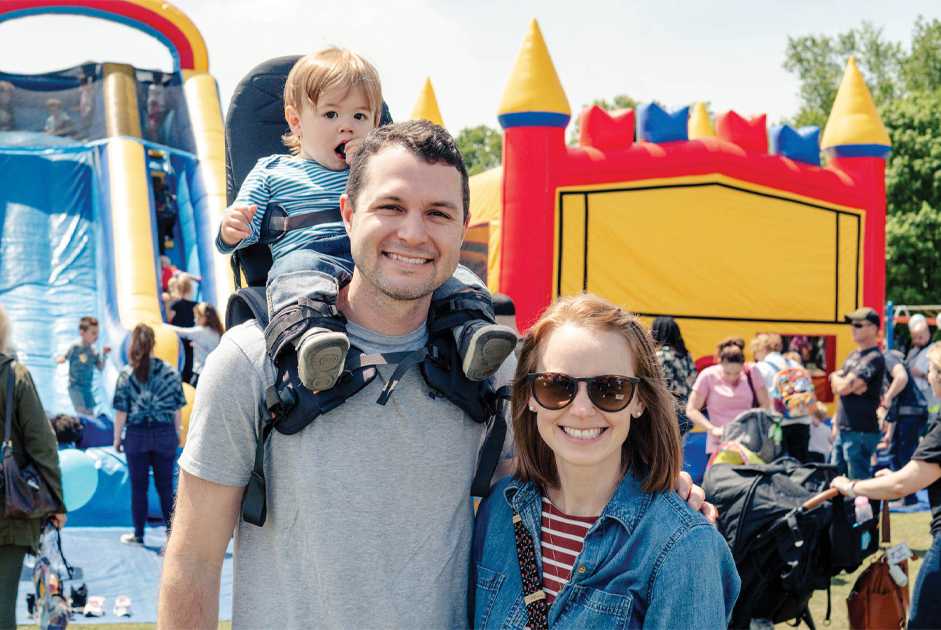Oklahoma middle school teacher Karen Loewe engaged her students in an activity that profoundly changed the way they interact with one another. Karen had created a space where kids felt comfortable expressing themselves and one day asked her students what “emotional baggage” meant to them. She then invited each child to write down some emotional baggage they were carrying. Respected and protected in anonymity, the kids unloaded: “Things like suicide, parents in prison, drugs in their family, being left by their parents, death, cancer, losing pets…and on and on.”
Then the kids took turns reading the papers, not knowing whose “baggage” they were sharing. Sometimes the child reading would begin to cry, or the child whose words were being read identified herself and spoke from her heart about the burden she was carrying. When all were read, the papers were wadded up and placed in a plastic bag that hung on the classroom door—a symbolic reminder that regardless of who we are, what we look like, or where we come from, we all have baggage. Ms. Loewe added: “As they left, I told them they are not alone, they are loved, and we have each other’s back.”
The impact was astounding: “I firmly believe my kids will judge a little less, love a little more, and forgive a little faster.” “They don’t interrupt or talk down to each other…they’re not rude. It’s completely, completely changed how they treat each other.” What Ms. Loewe did that day was nothing short of brilliant.
Hard Wired for Empathy
Imitation lays the foundation for empathy. Andrew Meltzoff, PhD explains: “When infants imitate, they are becoming ‘like the other person’ in action, with simple body movements…later, that can flower into empathy, which is the ability to become like the other person in emotion and perspective.”
The Nurturing is on Us
The foundation for empathy is laid at home. As parents, nannies, and caregivers, consider these ways to build a strong empathy foundation:
Start early
- Encourage “reciprocal games” with babies. Smiling, opening your mouth wide, and playing peek-a-boo reinforce imitation.
- Praise your toddler when they share their toys with others.
Build from there by “being there”
Seize on opportunities to model (and thus encourage) emotional intelligence by listening to your child and getting into the habit of exploring their experience, instead of minimizing or lecturing (we’ve all done it!). When you attend to your child by:
- asking open-ended questions, saying, “Help me understand what happened”; and
- reflecting their feelings, by saying, “You must have been really discouraged,” you model empathy.
Develop an awareness of other points of view
As adults, we understand the profound difference it can make when we understand someone else’s experience. We can help to develop our children’s ability to do so by
- asking, “How would you feel if that happened to you?” Or, “What would you do in that situation?”
- reading books that explore experiences and feelings, then talking about them. Continue to ask questions such as, “How do you think this character felt when that happened?”
Look for opportunities for your children to demonstrate care and concern for others.
- Provide gentle feedback: “I think Sarah feels sad when she’s not included.”
- If a neighbor finds herself with an illness that makes her suddenly homebound, ask your kids: “What can we do to show Mrs. Wong that we are thinking of her?”
- Explore volunteer opportunities in your community. When kids contribute with no expectation of reward, they learn the joy of selfless giving.























